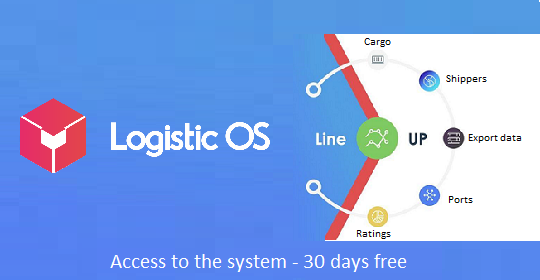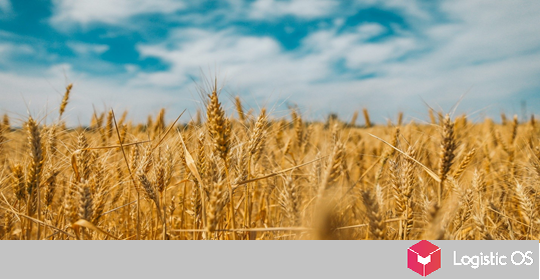Prime Minister Mikhail Mishustin signed a law according to which tariffs for the transportation of goods by Russian Railways are being revised upward.
This is expected to hit hard grain shipments as well.
These changes will significantly affect the freight market, because they will affect everyone at once: cargo owners, container carriers, and wagon owners.
In particular, you will have to pay more for the transportation of grain within the country.
Rates will be indexed as follows:
In 2022 — by 5.8%.
In 2023 — by 4.5%.
In 2024-25. — by 4%.
This change will affect tariffs for the transportation of goods, as well as for the provision of railway infrastructure services.
But that’s not all. The new law also implies a premium for the overhaul of this infrastructure.
In 2022 it will be 1.03%, in 2023 — 1.05%, in 2024 it will grow even more: to 1.07%.
And also the period of validity of the additional tax surcharge is being extended: immediately until December 31, 2025.
According to experts, the mentioned increases in tariffs can be safely included in the cost of many goods, including products that may rise in price by about the same amount in the near future.
What to expect from the new year?
Already January 1, 2022 will bring little joy to everyone involved in cargo transportation (apart from the Russian Railways themselves).
From the very beginning of the year, container transportation will rise in price by 4.75%, transportation of anthracite — by 17% at once, many tariff discounts for the empty run of a number of wagons will be canceled.
As for the shippers, many of them consider everything that is happening as a violation of long-term agreements with the market.
How else is the government going to support Russian Railways?
Among other things, companies are going to give money in the form of investments. “Next year it will be over 1 trillion rubles. More than 3 trillion rubles will be invested within three years. This is the first time such funds have been allocated for these purposes, ”Mikhail Mishustin said at the December 2 meeting.
The government explains that the increase in tariffs was a forced measure, since it was necessary to somehow cover the deficit of the investment program of Russian Railways, which is necessary, among other things, for the repair of infrastructure.
But it has been done, however, it will be mainly at the expense of shippers, and ultimately — ordinary citizens who will have to give more money in stores.

